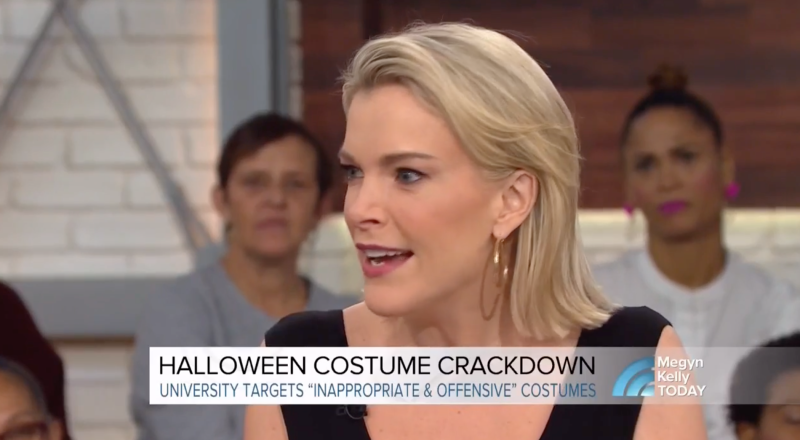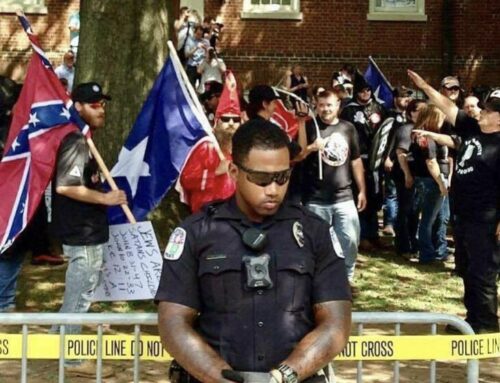3 Reflections on the Megyn Kelly Blackface Panel
October 25, 2018
Categories: Racism
Megyn Kelly has received harsh criticism following a segment on her morning TV show this week where she defended blackface Halloween costumes.
What Did She Say?
“But what is racist?” Kelly asked. “Because you do get in trouble if you are a white person who puts on blackface on Halloween, or a black person who puts on whiteface for Halloween. Back when I was a kid that was OK, as long as you were dressing up as, like, a character.”
“There was a controversy on The Real Housewives of New York with Luann, and she dressed as Diana Ross, and she made her skin look darker than it really is and people said that that was racist,” Kelly said. “And I don’t know, I felt like who doesn’t love Diana Ross? She wants to look like Diana Ross for one day. I don’t know how, like, that got racist on Halloween.”
NBC Responds
NBC was quick to condemn Kelly and her segment. “Today” colleagues Al Roker, Craig Melvin, and others had a candid conversation about the controversy during their segment Wednesday morning, calling her comments “stupid” and “indefensible.” Roker said that Kelly “owes a bigger apology to folks of color across the country.”
Reflections on the Panel
Navigating issues of race and racism can be challenging. It can be hard to understand racism if you haven’t personally experienced it. As a White man, sometimes it’s hard to know how to engage. However, as I reflected on the panel, I thought there were 3 key lessons that are important for White people to learn. If you are White, and want to get better at addressing issues of race and racism in your own life, keep these things in mind.
- Representation. The initial thing I noticed about the panel was that it was made up of 4 White people. There wasn’t a Black person (or any person of color) included. Lack of representation happens a lot in our society today. Most White people have limitations in their understanding of racism, so when we talk about these issues, it is important to have a diversity of voices represented. As White people, we need to be allies but not take over the space.
- Understanding. Another thing I noticed was that there wasn’t much understanding about the racial issues surrounding blackface and its history. You don’t have to be a person of color to understand that blackface is offensive and racist. We just need to take the time to read about its history—for example, how it has been used over the years to perpetuate racist stereotypes about African Americans. As White people, we need to do the hard work to educate ourselves on issues related to race and racism.
- Humility. When engaging issues of race and racism, it’s essential to come from a place of cultural humility. The members of the panel were locked into their own (White) perspective. For example, Kelly said, “Back when I was a kid that was OK…” We each are limited in our cultural perspective and worldview. Cultural humility forces us to acknowledge our limitations, and be open to learn from diverse perspectives. As White people, we need a heavy dose of cultural humility.
Take Home Message
Navigating issues related to race and racism can be uncomfortable and anxiety-provoking. When having these discussions, let’s not make the same mistakes Kelly did. Seek out and listen to diverse voices, especially those who have been negatively impacted by racism. Take the initiative to learn and educate yourself—read books and articles, watch documentaries, and listen to podcasts. And always lead with cultural humility.

Related Thoughts

Subscribe To My Newsletter
Join my mailing list to receive the latest blog posts.
Receive my e-book “The Mental Health Toolkit” for free when you subscribe.


